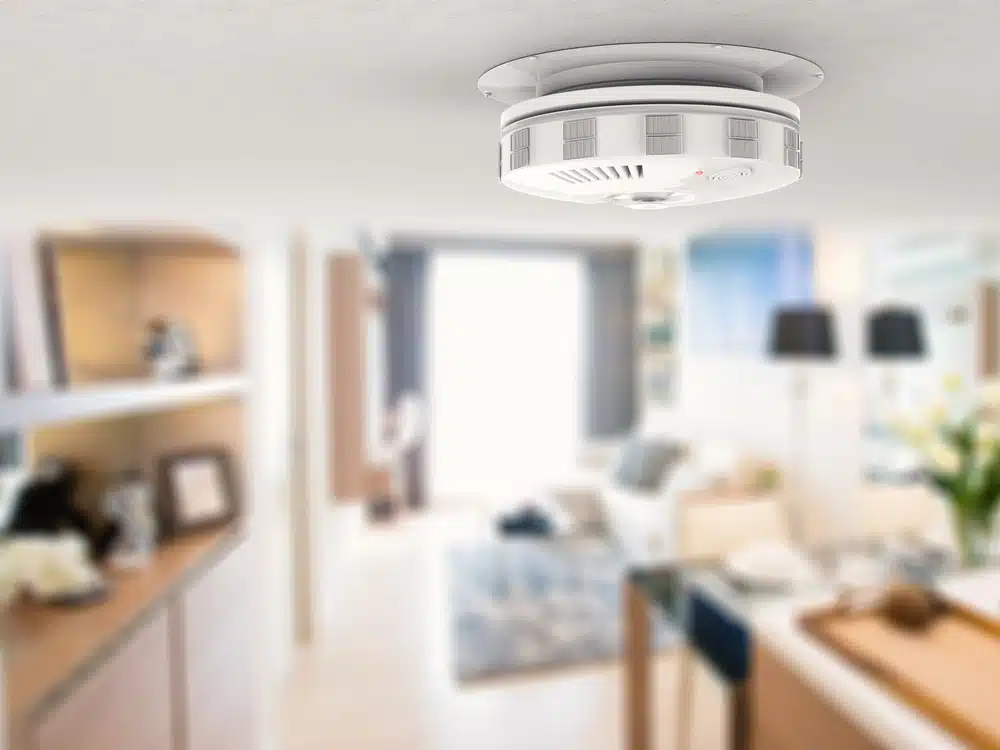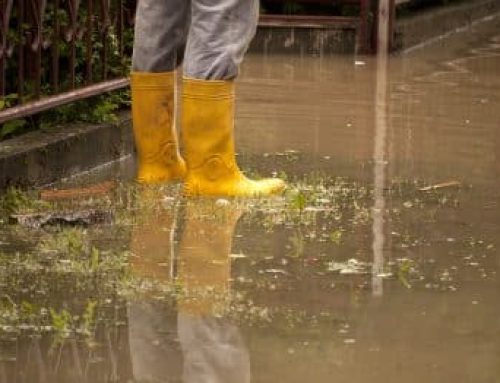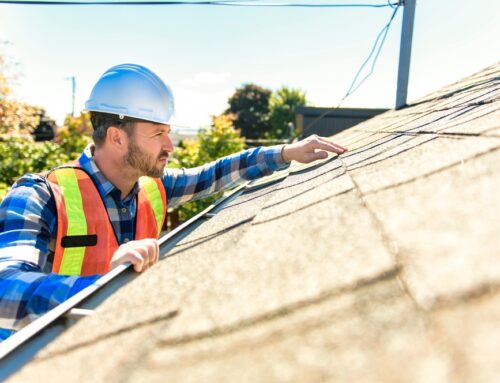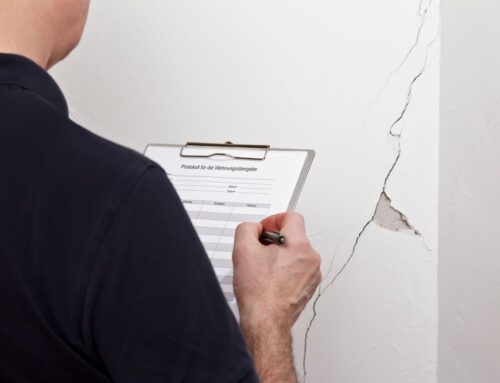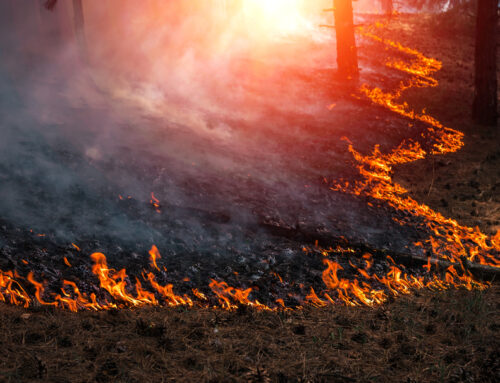Fires are one of the most sudden, destructive, and deadly losses we see on claims. Regular inspections, fire suppression tools, and emergency planning are all crucial components of fire safety. The ability to identify a fire quickly is the key to limiting damage and injuries to those inside or nearby.
Most, if not all, jurisdictions require the property owner to provide working smoke detectors in their rental homes. It’s essential that you provide working smoke alarms and test them regularly. The average life expectancy of a smoke alarm is ten years, while a carbon monoxide alarm is about five years. Any alarms over those ages should be replaced and the batteries changed at least twice a year.
NREIG does not require your property to have a specific number of smoke alarms, nor do we require them to be hard-wired. However, consider the following regarding the presence of smoke alarms at their properties.
Insurance carriers may diminish or exclude coverage if the property does not have working smoke detectors: If after a fire loss, it was discovered that the property did not have a working smoke alarm, policy details may allow your insurance carrier to deny coverage for the damages.
Whether a building is occupied, vacant, or under renovation, it is important to have working smoke detectors. Smoke detectors are extremely useful, even in vacant or renovation properties. In many cases, the sound of a smoke alarm has alerted neighbors or those passing by, signaling the need for assistance from the local fire department. Additionally, those working inside of the property are given the best opportunity to evacuate safely after hearing the alarm of a smoke detector.
Installing smoke detectors in areas such as the kitchen or primary hallway on each floor is a good guideline to follow. Review local community, city, county, or state guidelines for more clarity on suggested locations. Because you are not at your properties every day, setting expectations with your tenants and in your lease is important.
To help you stay on top of smoke alarm maintenance, we’ve created a Smoke Detector Maintenance Log. We recommend that a smoke detector log is maintained by you, your property manager, or your tenants at every location. This resource is a must-have for property safety.
Download the Smoke Detector Maintenance Log.

